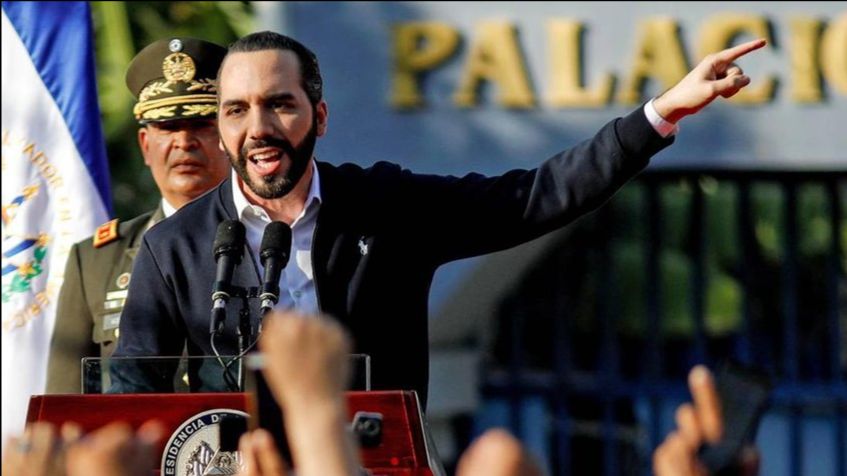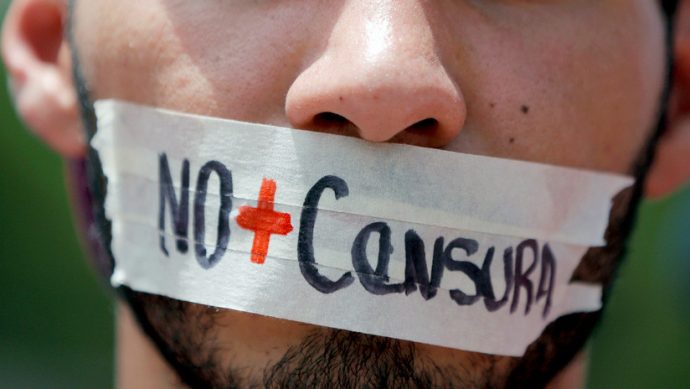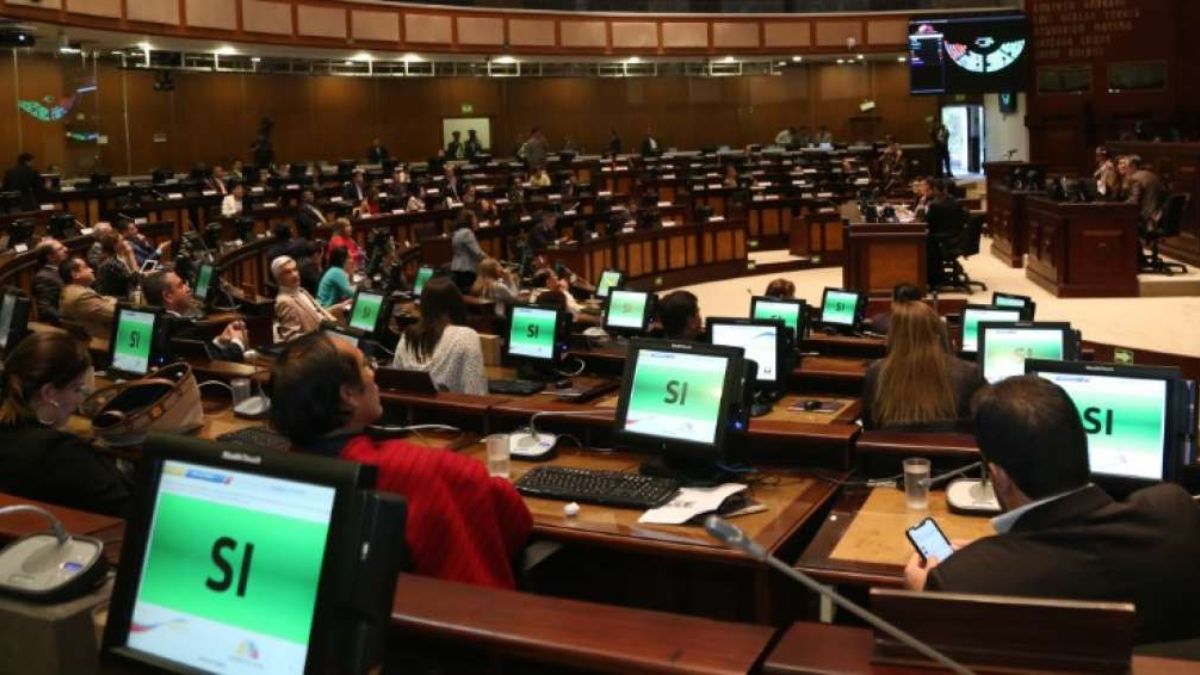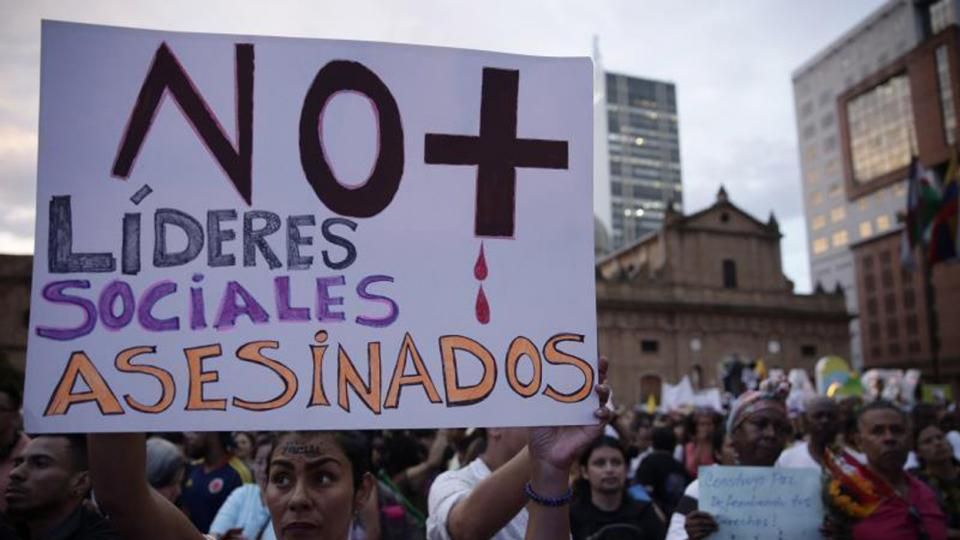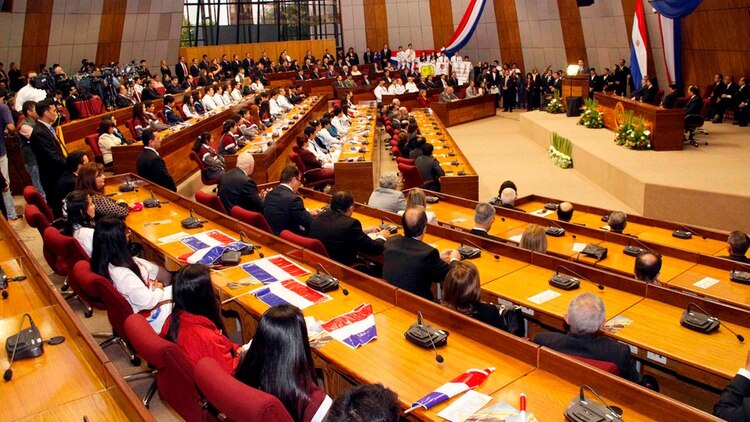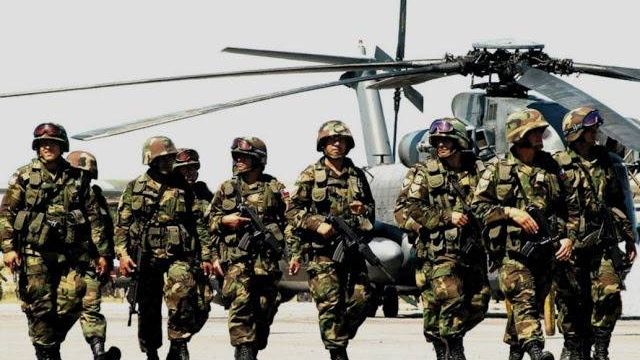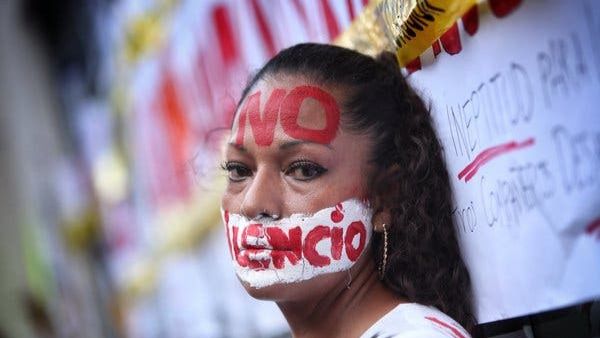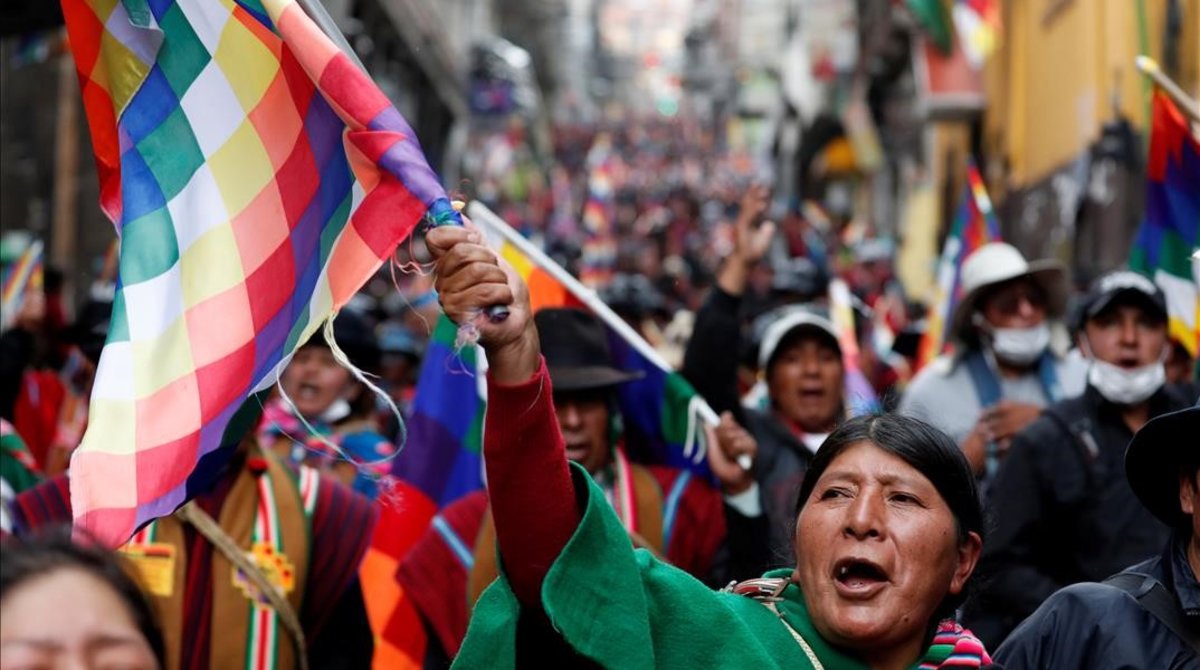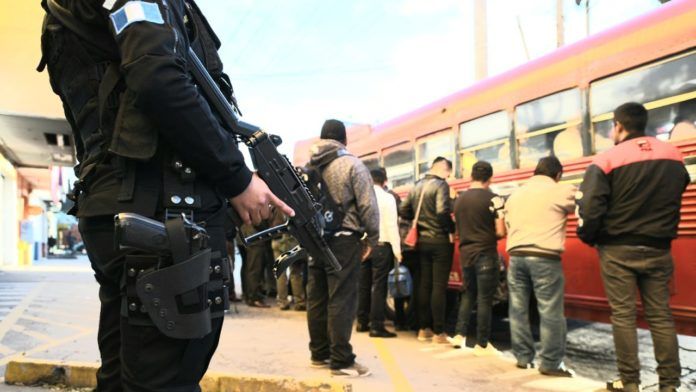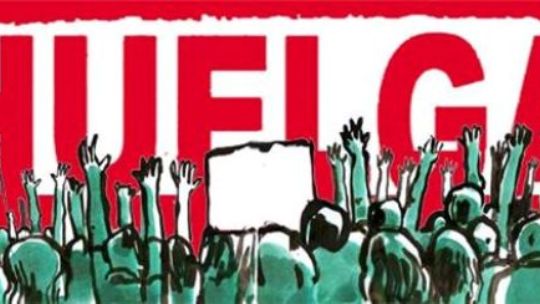
A tool designed by Directorio Legislativo to monitor
regulations with the potential to impact civic space
in Latin America and the Caribbean.
Fundación Directorio Legislativo | April 2020
About Civic Space Guardian (CSG)

Civic Space Guardian (CSG) is a tool designed by Directorio Legislativo to monitor regulations with the potential to impact civic space in Latin America and the Caribbean.
These are regulations affecting freedom of expression, freedom of association, freedom of peaceful assembly, citizen participation and access to public information. To provide a broader overview, we also include the rating assigned by Civicus according to the state of civic space in each country.
President incites popular insurrection to pressure Congress

El Salvador
Impact | Negative
Rating CIVICUS | Obstructed
On February 9, the President of El Salvador, Nayib Bukele, called on citizens to demonstrate outside the legislative palace to pressure Deputies to approve an international loan needed to finance his territorial control plan. Bukele appealed to the “people’s right to insurrection” which the constitution recognizes only in the context of severe violations of the law concerning the form of government or the political system. After the session failed due to a lack of quorum, the President accused absentee legislators of “constitutional contempt” and issued them with a one-week ultimatum to approve the loan.
Cuestioning the Government could be punishable by imprisonment

Mexico
Impact | Negative
Probability | Medium
Rating CIVICUS | Repressed
A proposal by the Attorney General’s Office (FGR, for its acronym in Spanish), announced in the Senate on January 14, could reinstate so-called “crimes against honor,” such as defamation, slander or insult, in the Penal Code. The FGR is proposing to punish thoseanybody damaging a person’s reputation or causing them discredit with up to six months in prison or a fine. In practice, this could be used to bring charges against citizens who question rulers, thus penalizing freedom of expression. Crimes against honor were removed from the Federal Criminal Code in 2006.
A bill regulating civil associations is progressing with participation from CSOs

Ecuador
Impact | Positive
Probability | Medium
Rating CIVICUS | Narrowed
The National Assembly has reopened the debate on a bill to create a special legal regime guaranteeing the right of association, providing more legal security for CSOs. The initiative establishes that it is not necessary to be a legal entity to create a company, and also eliminates the distinction between a foundation and a corporation, adopting the definition of a “non-profit organization” and proposing that foreign organizations have the same rights as national ones. During its treatment in committee, about 20 entities made observations and contributions to the bill.
Government reacts to wave of murders of social leaders

Colombia
Impact | Positive
Rating CIVICUS | Repressed
The Ministry of the Interior will soon be presenting a comprehensive protection policy enshrining guarantees for social and community leaders, journalists and human rights defenders. The announcement came a few days after the Ombudsman’s Office revealed that 555 social leaders were killed between 2016 and 2019. The government consulted with sub-national governments, civil society organizations, and international bodies such as the UN Human Rights Office and the OAS in the proces to draw up the measure.
Deputies halt bill requiring them to publish sworn income declarations

Paraguay
Impact | Negative
Probability | Medium
Rating CIVICUS | Obstructed
On February 4, the deputies left the session in Congress without a quorum, where they were due to pass a bill requiring public officials and legislators to publish their assets on the Comptroller General’s Office website. Currently, any citizens wishing to find this out have to obtain a court order. A new session will be convened in March to try to get the bill through.
Government seeks to expand role of Armed Forces for internal security

Chile
Impact | Negative
Probability | High
Rating CIVICUS | Narrowed
On January 20, the Senate approved a constitutional reform driven by the Government increasing the President’s capacity to order the Armed Forces onto the streets when critical infrastructure is at risk. Currently, the President is obliged to decree a state of emergency previously for no more than 15 days. If the reform is passed, he will be able to do so without declaring a state of emergency and for a period of up to 30 days.
Right to be forgotten: CSOs warn of threats to freedom of expression

Mexico
Impact | Negative
Probability | High
Rating CIVICUS | Repressed
Ricardo Monreal, the leader of the ruling party bloc in the Senate, has filed a bill establishing the right to be forgotten on digital platforms. If approved, content could be removed from the Internet at the request of anyone mentioned therein. Civil society organizations are warning that this measure constitutes a threat not only to freedom of expression, but also to citizens’ control of politicians. For example, a public official could request the removal of content on Internet linking him to corruption. In a statement issued on January 24, Monreal said this will be a priority issue for Congress in 2020.
Añez wants to veto the Human Rights Compliance Act

Bolivia
Impact | Negative
Rating CIVICUS | Obstructed
On January 17, interim President Jeanine Añez sent the Constitutional Court a veto of the Human Rights Compliance Act, passed by the Legislative Assembly on January 14. The law Añez intends to veto bans any arbitrary detention and judicial harassment, among other actions curtailing the exercise of rights and freedoms, following the events that took place between October and November 2019 when former President Evo Morales was forced to resign from office. The Court resolved that the veto should be addressed to Congress. Further progress in this area will impact Bolivia’s currently restricted civic space.
Government proposes treating “disturbance of public order” as an act of terrorism

Guatemala
Impact | Negative
Probability | High
Rating CIVICUS | Obstructed
On January 14, a few days before being sworn in as president, Alejandro Giammattei submitted a bill to Congress aimed at ensuring that any actions threatening social order, personal integrity or property, would be considered terrorist acts. There is another proposal in the works which also seeks to recognize the right of legitimate defense in response to an illegal or unprovoked aggression. If approved, the security forces will be able to use these regulations to justify the use of force and repression against demonstrators. Both bills are considered a priority for the government.
President-elect seeks to restrict the right to strike

Uruguay
Impact | Negative
Probability | High
Rating CIVICUS | Open
On January 22, President-elect Luis Lacalle Pou issued a draft bill declaring demonstrations held in public spaces affecting freedom of movement to be illegal. If the bill is approved, the Government may also restrict strike action, if those striking prevent others from working and managers or owners from accessing company premises. The bill, which would affect people’s freedom to assemble and strike, is expected to enter Congress in March and has to be treated within 90 days.

Voices of civil society
PARAGUAY
“In a country where there are deputies, former deputies and government officials in prison for drug trafficking, making sworn statements public is an urgent issue. What happened in the Chamber of Deputies will not help us improve the public and world perception of corruption in Paraguay. We need public affidavits and a law to control the financing of political parties.”
MARTA FERRARA- Semillas para la Democracia
COLOMBIA

Documents of Directorio Legislativo
We strengthen democracies in Latin America
We are a non-partisan and independent organization that for 10 years has been promoting the constitution of autonomous, flexible, democratic and independent spaces, through dialogue with various actors in the public, private, academic and civil society sectors. The starting point of our work arises from the recognition and appreciation of the political and social plurality of Latin America.

Fundación Directorio Legislativo
Avenida Entre Ríos, 258 – 3E
Ciudad Autónoma de Buenos Aires, Argentina (C1079ABP)
Phone (+5411) 5218-4647

